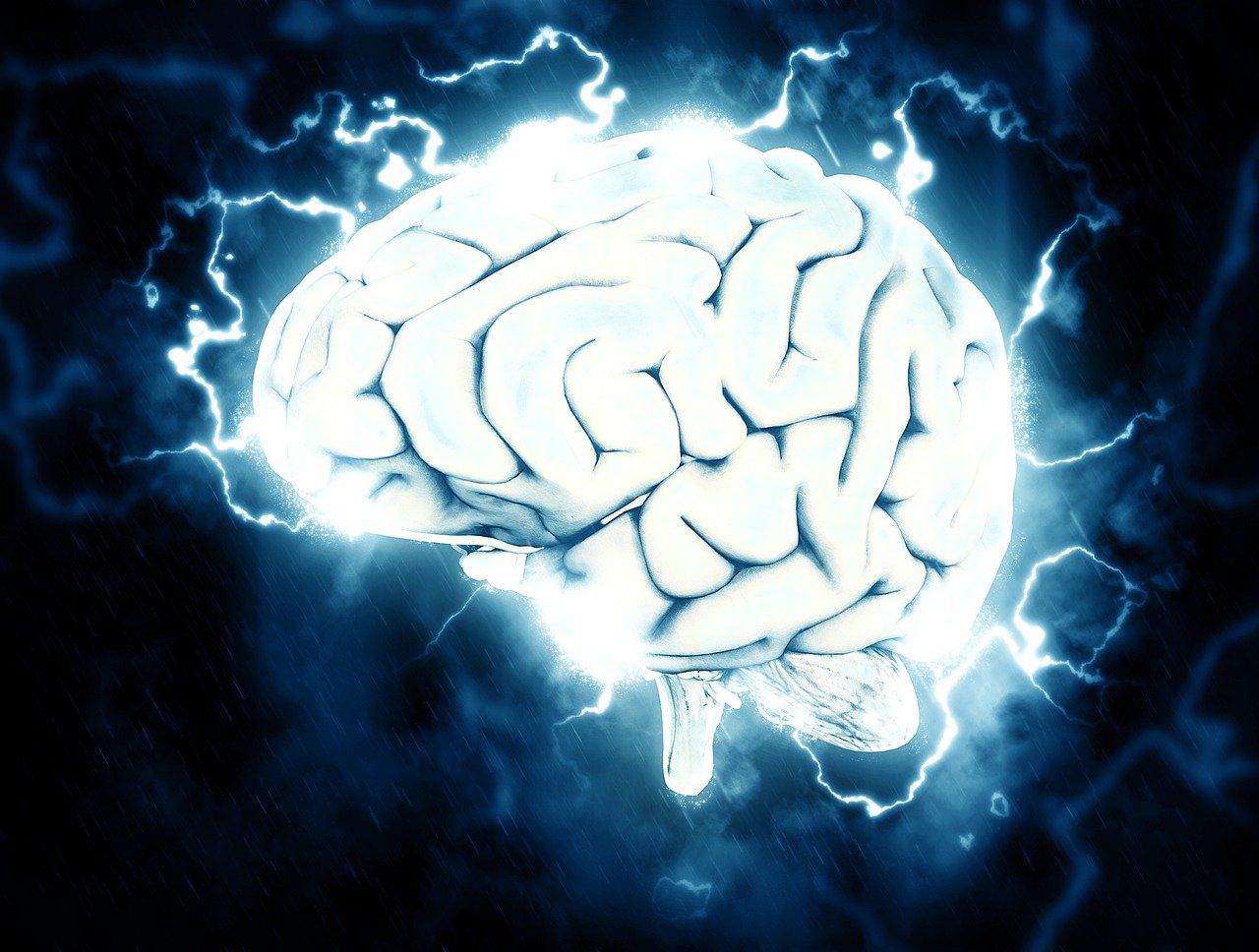Depression is a complex and underestimated illness which can only become a bigger problem after a traumatic brain injury.
A groundbreaking study has revealed the relationship between depression and traumatic brain injury.
Now, scientists think that this type of depression can be pretty much different from the regular one, so it requires different approaches.

Testing and exploring
The findings offer critical insights into the physiological evidence behind depression after TBI.
The study involved collaboration with researchers from several institutions, and it included 270 adults with brain injuries, who were compared to various control groups.
Individuals underwent resting-state functional connectivity MRI scans, which provided valuable information on brain oxygenation.
The results revealed that the location of the brain circuit involved in depression was similar among individuals with and without brain injuries, but the nature of abnormalities was pretty much different.
A new name
The authors of the research proposed a new name for this condition: "TBI affective syndrome."
While the study marks a significant advancement in understanding TBI-associated depression, the researchers acknowledge that there is much more to explore.
The sheer volume of data limited the ability to conduct in-depth patient assessments beyond brain mapping.
Future steps will include assessing participants' behavior in a new, more sophisticated manner and potentially defining various types of TBI-associated neuropsychiatric syndromes.












